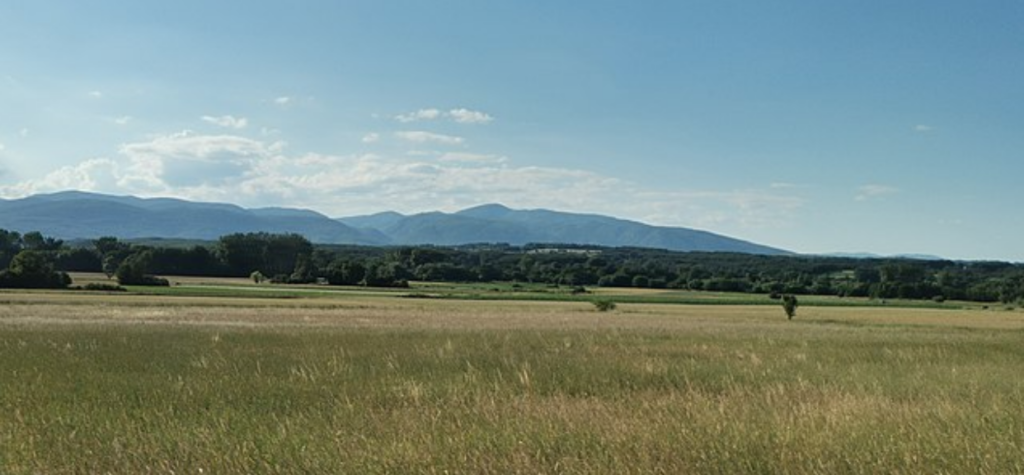An ecologically responsible, regenerative approach to land management is at the center of Agrarian Trust’s effort to conserve and increase access to farmland across the United States. When a farmer signs on an Agrarian Commons lease, they agree to adhere to a high standard of ecological land management, and to respect specifically defined “Rights of Nature,” which are included explicitly in the lease. Listed here, the Rights of Nature in the Agrarian Commons lease include, but are not limited to:

- Be free of pesticides, fungicides, insecticides, and herbicides of any variety
- Be free from native species removal
- Be free from overgrazing
- Be protected from invasive species and human-introduced non-native species
- Be free from substantial human-caused disturbance
- Maintain the naturally occurring life cycle
- Have a degree of habitat connectivity that protects and promotes biodiversity
- Be free of excessive depletion of life-supporting elements and nutrients
- Be supported by healthy, living soil
- Be free from human intervention in the natural course of all evolutionary processes
- Be monitored for substantial changes which may indicate severe ecosystem decline
- Be supported by pollinators

These Rights of Nature are based on the understanding that the natural world is entitled to legal rights and privileges. Once these rights are enumerated, the land can be more effectively protected from the extractive practices of corporations and profit-motivated individuals.
Furthermore, once both the farmer and their land are recognized as right-holding entities in Agrarian Commons leases, they become co-conspirators in the revival of local ecologies and thriving ecosystems, rather than being hierarchically arranged into an active subject and a passive, exploitable object.

Agrarian Trust draws its inspiration regarding the Rights of Nature from the Declaration of the Rights of Mother Earth, which was released on Earth Day, 2010 in Bolivia, and from the legal work of organizations such as Earth Law Center, which has played a critical role in the advancement of the Rights of Nature in the United States.
Elizabeth Dunn, director of legal advocacy at Earth Law Center, and a pioneer in the field, sees the Rights of Nature as an effective response to corporate overreach and the lack of substantial legal protections for natural entities in existing law.
“Nature has a seat at the table.”
“One way to look at the Rights of Nature is to really level that playing field and to say nature has a seat at the table.” Dunn explained in a recent conversation with Agrarian Trust, “We also want to recognize remedies that actually restore ecosystems. Not just remedies that stop a polluter from doing activities that are harmful, but a really holistic, comprehensive remedy that would restore the health of the ecosystem and result in abundance for everyone. This means getting out of the extractive economy and looking at value in a completely different way.”
Through including the Rights of Nature in Agrarian Commons leases, Agrarian Trust is helping to support active, and robust practices that restore the health of our shared ecosystem.
To learn more about the Rights of Nature, you can visit Earth Law Center’s website or read the full text of the Declarations of the Rights of Mother Nature here.




